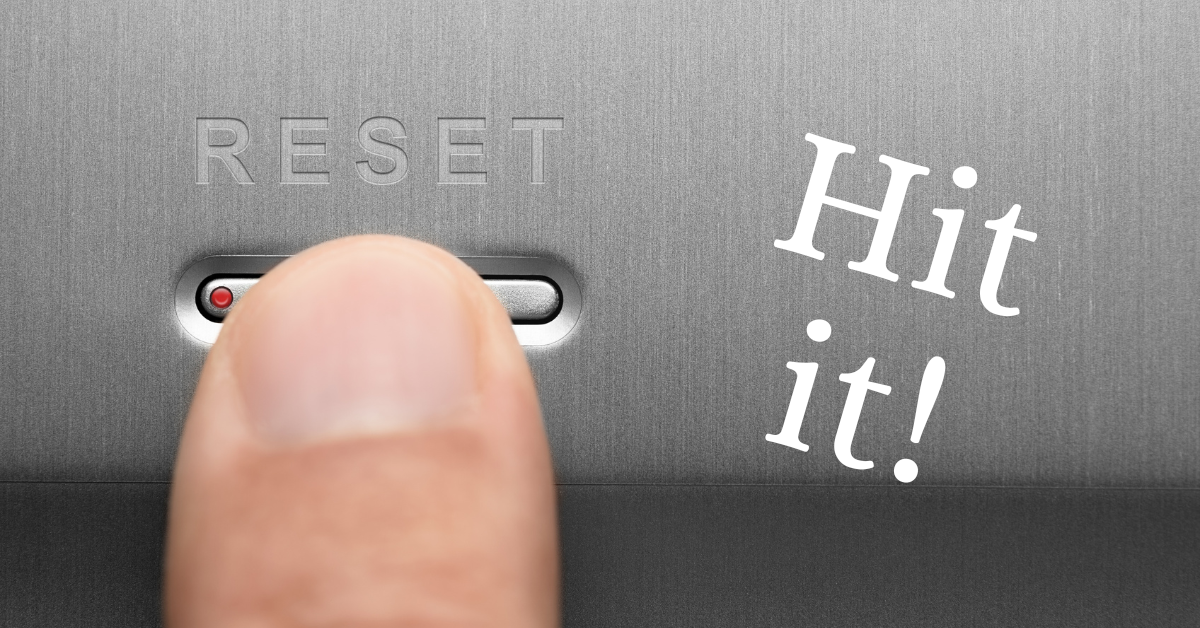You set your New Year’s resolutions with the best of intentions. Maybe you wanted to exercise daily, eat healthier, or practice more self-care. But a few weeks in, you find yourself slipping back into old habits. Sound familiar? You’re not alone.
Why It’s Hard to Create a New Habit
The truth is, forming new habits is tough. Your daily choices and actions create the foundation for personal transformation, but your brain prefers the path of least resistance. That’s why, even with the best of intentions, you often revert to old behaviors. However, by understanding how habits form and making strategic changes, you can reset and move forward.
The Science of Habit Formation
Your brain is constantly forming neural pathways that influence your thoughts, feelings, and actions. The more you repeat a behavior, the stronger the neural connection becomes. This concept is rooted in Donald Hebb’s discovery in 1949: “Neurons that fire together, wire together.” In other words, the more you reinforce a thought or action, the more ingrained it becomes.
This is why it’s so easy to slip back into familiar patterns. Your brain is wired for efficiency and seeks out the easiest route, especially when stress or fatigue sets in. For example, if you’re stressed (trigger), you might automatically reach for a bag of chips (behavior) and feel temporary relief (reward). This loop strengthens over time, making it hard to break.
Was Your Goal Too Big a Stretch?
One reason resolutions fail is that they feel overwhelming or unattainable. Change is hard, and stepping outside your comfort zone can feel scary. Your nervous system resists the unfamiliar because it perceives it as a potential threat.
Instead of setting a goal that feels completely out of reach, focus on expanding your comfort zone in manageable ways. This might mean taking small, incremental steps rather than making drastic changes overnight. When you stretch just beyond what feels comfortable, you build resilience and create sustainable change.

Fear and Limiting Beliefs: What’s Holding You Back?
Sometimes, the real reason we don’t follow through on our resolutions is fear. Fear of failure, fear of success, fear of discomfort—these underlying beliefs shape our actions more than we realize.
Limiting beliefs are the stories you tell yourself about why you can’t change. You may believe, “I’ve always been this way, so I can’t change now.” These thoughts are just old neural pathways doing their thing. The good news? You can create new ones.
By questioning your beliefs and adopting a beginner’s mindset, you open yourself to new possibilities. Instead of assuming you can’t do something, ask yourself, “What if I could?” Experimentation can make the process feel more like a game rather than a test of willpower.
How to Start Again and Reset Your Vision
1. Identify Your Why
Before you recommit to your goal, take a moment to reflect on why you want it. When your goals align with your values, motivation comes more naturally. Instead of just thinking about what you want to achieve, ask yourself:
- Why is this important to me?
- How does this goal align with my core values?
- What impact will this have on my life?
A strong why helps you push through resistance when things get tough.
2. Anticipate and Manage Triggers
Old habits resurface when you encounter familiar triggers. Instead of hoping for sheer willpower to carry you through, have a plan in place:
- Identify potential triggers (stress, fatigue, social situations, etc.)
- Create a strategy for how you’ll respond differently
- Reframe triggers as learning opportunities instead of setbacks
Ask yourself, “What is this moment teaching me?” Shifting your perspective can help you navigate challenges with curiosity rather than frustration.
3. Release the Outcome and Focus on the Process
Many people give up on their goals because they’re too attached to a specific outcome. But surrendering control doesn’t mean giving up—it means allowing space for things to unfold naturally.
In yoga philosophy, the concept of Ishvara Pranidhana teaches us to set an intention, take inspired action, and then release attachment to the result. This mindset shift allows you to focus on progress rather than perfection.
Ask yourself:
- What if I let go of my rigid expectations?
- How would it feel to extend my timeline?
- What if this journey is leading me to something even better?
Sometimes, the setbacks and detours are actually redirections toward what’s truly meant for you.
4. Give Yourself Grace
You are human. You will stumble. And that’s okay.
Instead of beating yourself up for falling off track, treat yourself with kindness. Think of this as a journey, not a test of perfection. Pressing the reset button is not a failure—it’s a sign of commitment to your growth.
Your Permission Slip to Begin Again
You don’t need a new year or a Monday to start fresh. Right now, in this moment, you can choose to reset. Let go of judgment, reframe setbacks as lessons, and step forward with curiosity.
Your future self will thank you for the effort you put in today.
So, what’s one small step you can take right now to recommit to your vision? Write it down, take action, and remember, real change happens one choice at a time.
Much love & health,
Carrie

